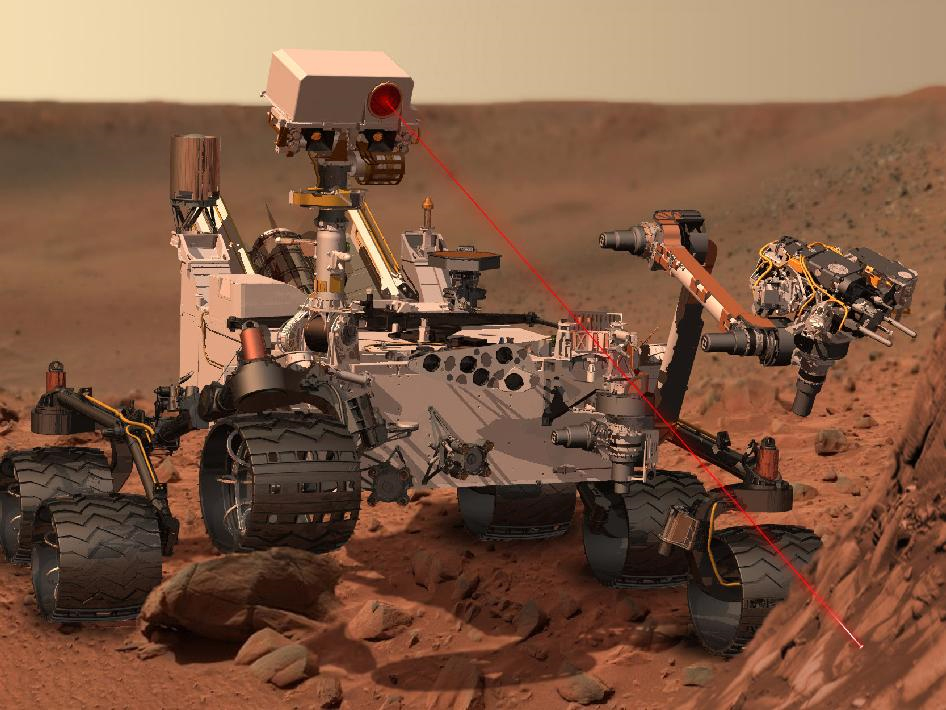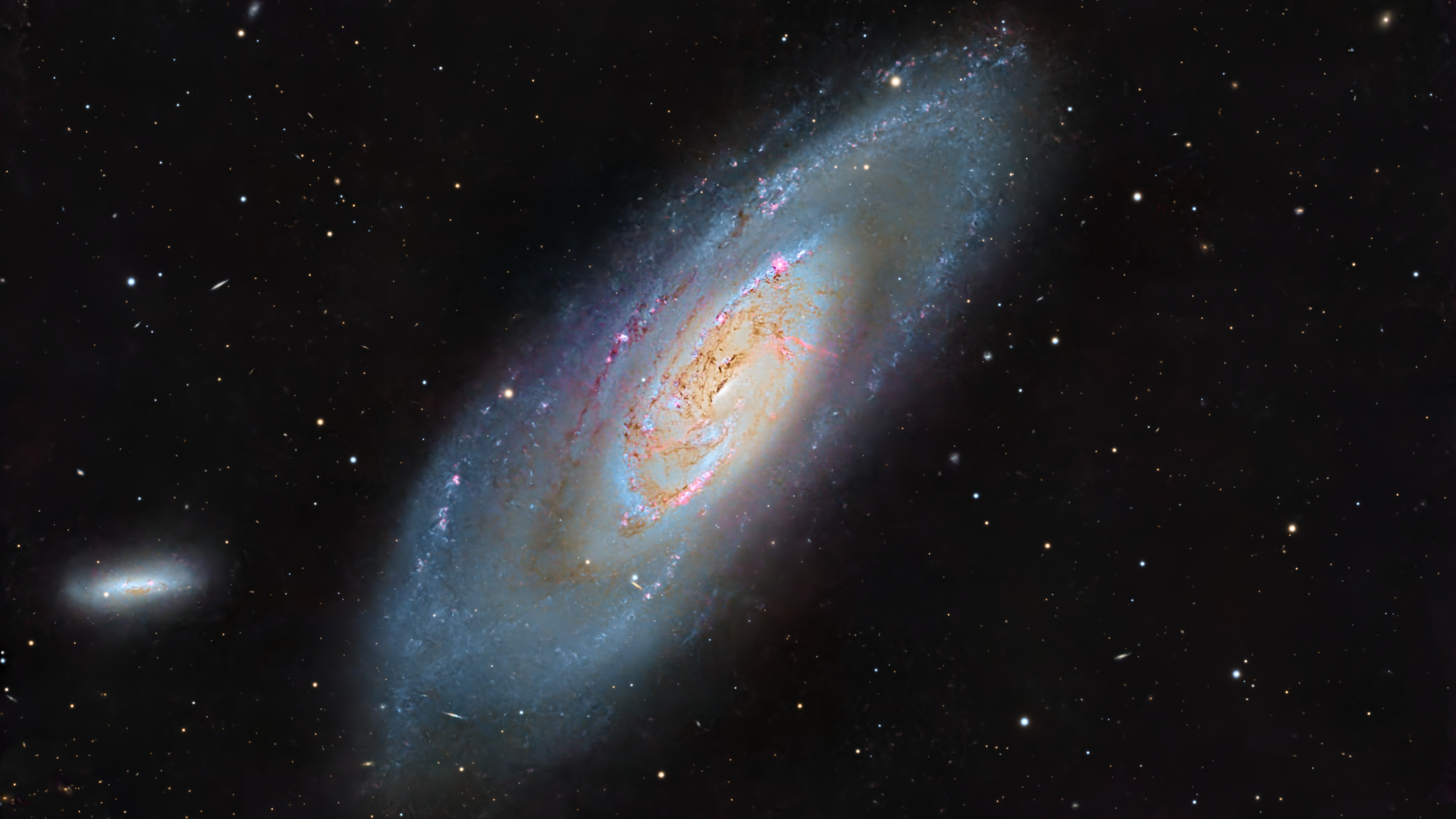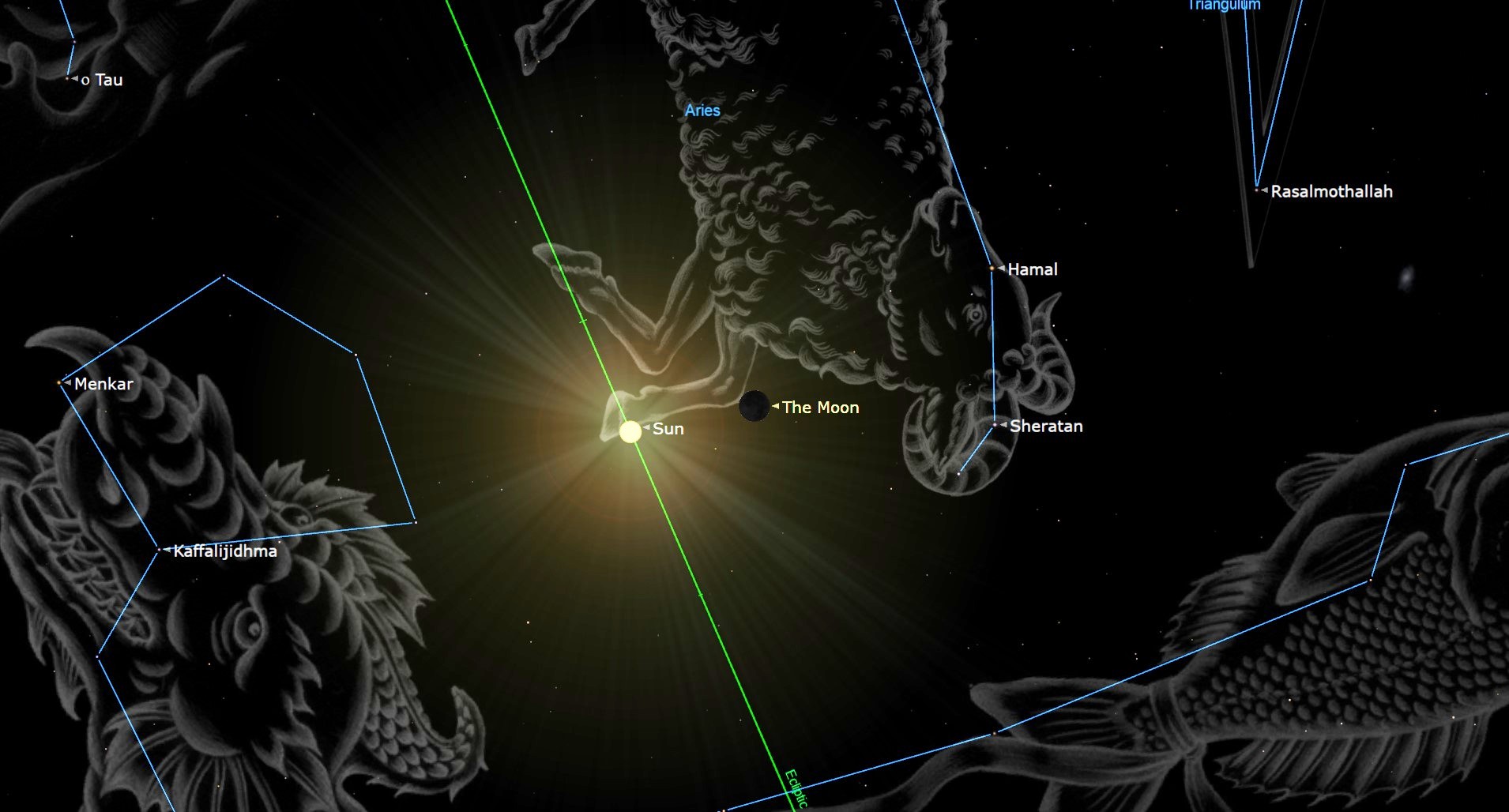Scientists to Hold Bake Sale for NASA Saturday

Scientists are trading telescopes for aprons this week to sell Milky Way cupcakes, Saturn cake, and chocolate chip Opportunity cookies in an effort to salvage U.S. planetary science projects.
The 2013 budget proposal submitted by the Obama administration earlier this year would cut funding for NASA's planetary science projects by about $300 million. While Congress is still deliberating over the federal budget, groups of scientists are planning a series of demonstrations — in the form of bake sales, car washes and other events — for Saturday (June 9) to plead their case.
Though planet-studying spacecraft usually cost millions, or even billions, of dollars, every penny helps. That's the reasoning behind the Planetary Exploration Car Wash and Bake Sale to be held by University of Central Florida students and professors who hope to sway lawmakers into providing more money for studying the solar system. It is one of nearly 20 planned demonstrations for Saturday at sites across the country, organizers said.
"We're not asking for more of the pie, we're asking for less of a bite out of the pie," Laura Seward, a graduate student at the university who organized the event, said in a statement. "A strong robotic planetary exploration program is essential for a strong human planetary exploration program."
Like many federal agencies, NASA is strapped for funding under the current fiscal conditions. Just today (June 7) the space agency announced the cancelation of a new X-ray space telescope mission, the Gravity and Extreme Magnetism Small Explorer, because it is over-budget.
The University of Central Florida's bake sale is part of an overall effort sponsored by the Southwest Research Institute in Boulder, Colo., to fight against the proposed budget cuts.
"This is being done to attract media attention and to help focus Congress on repairing the damage of the deep cuts planned to NASA's planetary science program," said Alan Stern, the institute's associate vice president for research and development. "It's important these cuts be repaired to maintain U.S. leadership in this area of science, to prevent mission cuts, and to prevent student and research job losses." [NASA's 10 Greatest Science Missions]
Get the Space.com Newsletter
Breaking space news, the latest updates on rocket launches, skywatching events and more!
Other organizations planning to participate in the demonstrations include the Search for Extraterrestrial Intelligence (SETI) Institute in Mountain View, Calif.
"The nation risks the loss of a generation of upcoming, talented engineers and researchers whose careers are centered on the exploration of our solar system in the quest for life beyond Earth," said astronomer Jill Tarter, the outgoing director of the Center for SETI Research.
NASA has a number of ongoing planetary science missions, including the Cassini orbiter around Saturn, the New Horizons spacecraft on its way to Pluto, and the Mars Science Laboratory rover Curiosity, due to land on the Red Planet in August. The agency also has a number of missions under development, such as the OSIRIS-Rex asteroid sampling mission due to launch in 2016.
Yet the number and scope of projects NASA will be able to undertake in the future could be seriously hampered by the proposed cuts, scientists say.
For Central Florida residents: The planetary bake sale is planned for 10 a.m. to 3 p.m. EDT Saturday at the Chevron adjacent to the University of Central Florida campus on 1640 E. McCulloch Road in Orlando.
Follow Clara Moskowitz on Twitter @ClaraMoskowitz or SPACE.com @Spacedotcom. We're also on Facebook & Google+.
Join our Space Forums to keep talking space on the latest missions, night sky and more! And if you have a news tip, correction or comment, let us know at: community@space.com.

Clara Moskowitz is a science and space writer who joined the Space.com team in 2008 and served as Assistant Managing Editor from 2011 to 2013. Clara has a bachelor's degree in astronomy and physics from Wesleyan University, and a graduate certificate in science writing from the University of California, Santa Cruz. She covers everything from astronomy to human spaceflight and once aced a NASTAR suborbital spaceflight training program for space missions. Clara is currently Associate Editor of Scientific American. To see her latest project is, follow Clara on Twitter.









